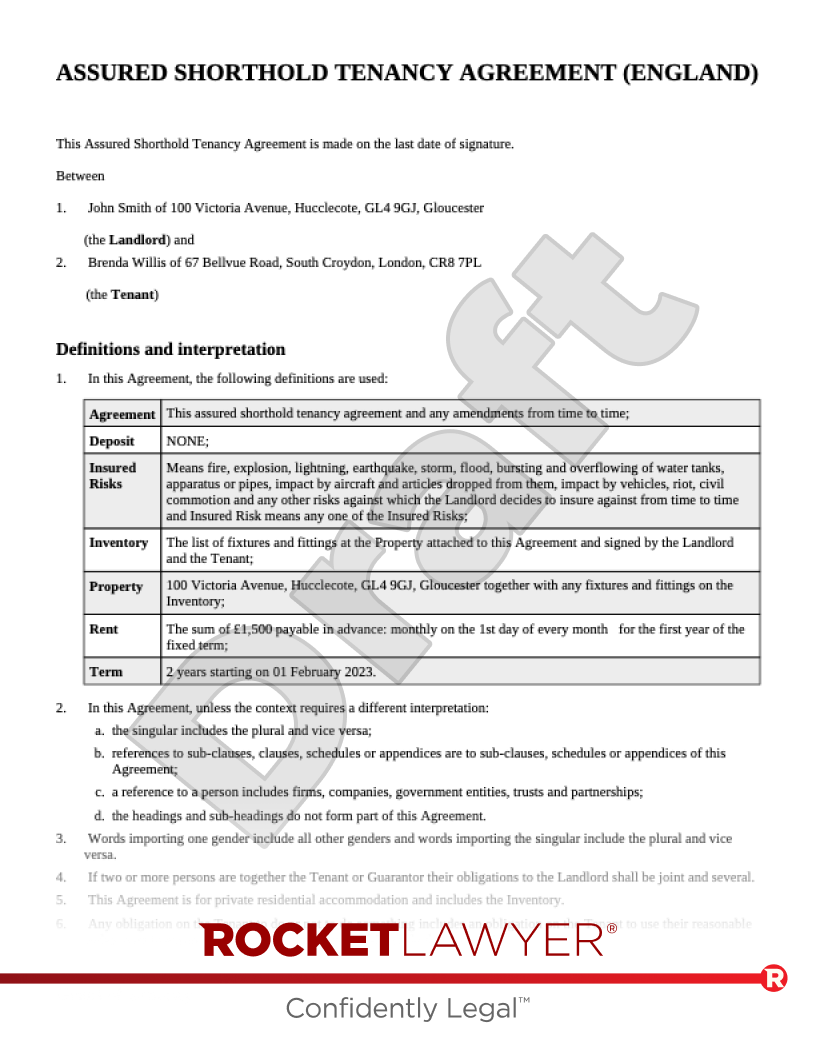Privately rented accommodation
When you’ve found a house or flat to rent, you’ll need to sign a Tenancy agreement. This is the paperwork that makes up the contract between you and your landlord. It will tell you what your rights and responsibilities are as a tenant, as well as when you need to pay your rent and the rules you must follow when living in the property.
In Scotland, there are different types of tenancy agreements. If you’ve not started studying yet the type of tenancy agreement you will have is called a private residential tenancy. This is the case for any tenancy starting on or after 1 December 2017. If you are already a student and moved into your property before 1 December 2017 you will probably have a different type of tenancy. This could be an assured or a short assured tenancy.
Whatever type of tenancy you have, you’ll have certain basic rights as a tenant. These include the right to live in the property without being disturbed by other people, to have repairs carried out when needed and to have checks done to make sure the property is safe. For more information, read Tenant's rights in Scotland.
Student accommodation
Most students starting university or college will choose to live in university accommodations. After you’re offered a place to study, the university or college will usually send you information about what student accommodation is on offer. If they don't, give their accommodation department a call to find out.
Halls of residence
Moving into halls in your first year is a good way of making the transition from living at home to living on your own easier. In most cases, cleaning and catering services will be provided and you’ll be sharing with other students from your university or college. While the fees for staying in halls will be higher than it would be to privately rent, these will often cover food and cleaning bills as well.
University-owned rented accommodation
This will usually be a private room in a flat or student house with a shared bathroom and cooking facilities. This will often be cheaper than living in halls and may include cleaning and access to laundry and other facilities.
What if I have a problem with my university-owned accommodation?
If you have any problems, you can speak to your student accommodation department. There will usually be strict rules for students staying there and the university will enforce these if necessary.
Private halls of residence
It is increasingly common for new students to choose to live in privately-owned halls of residence. These are similar to normal halls but are not owned by the university. These offer secure accommodation shared with other students, in most cases with facilities such as catering and laundry available on site.




